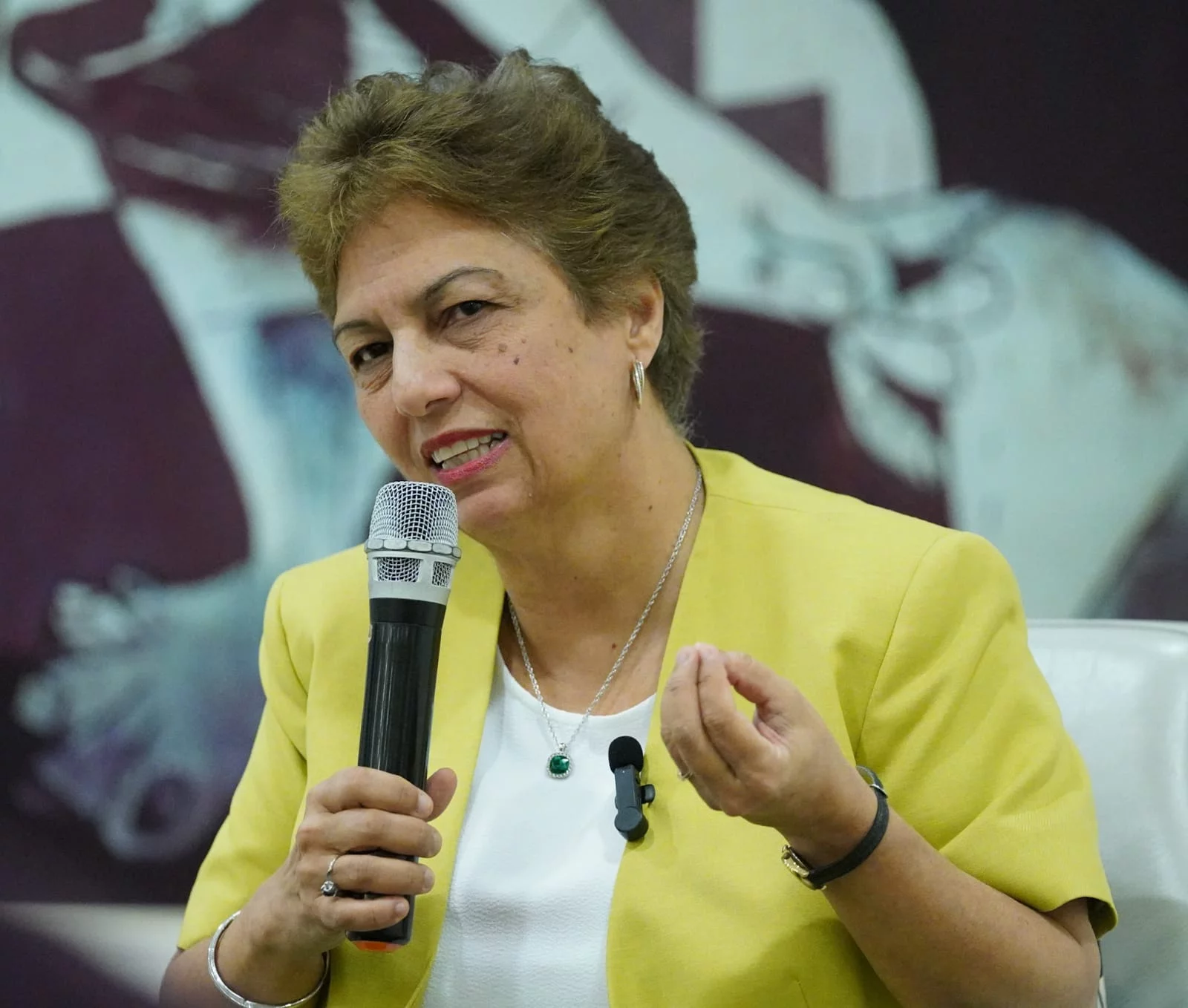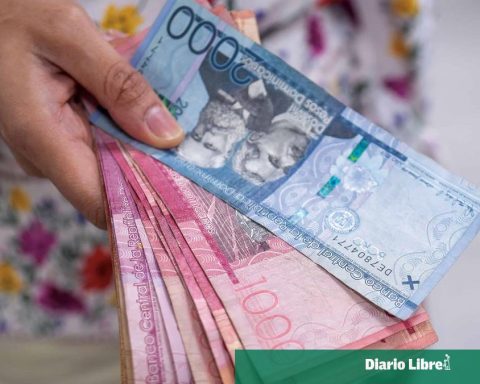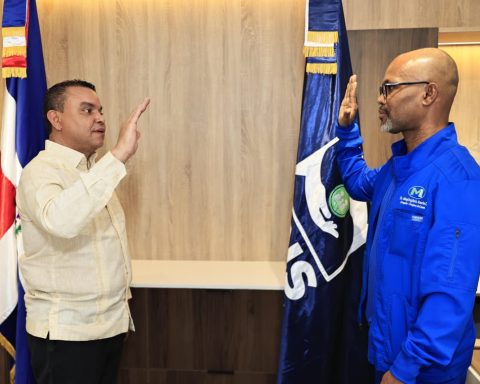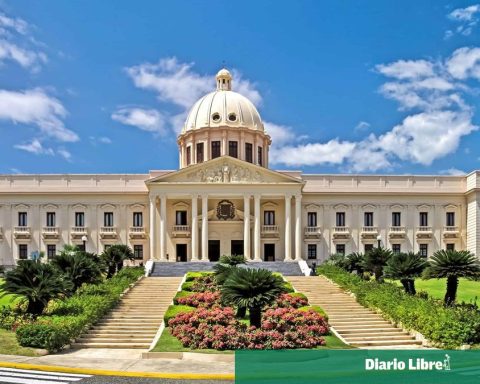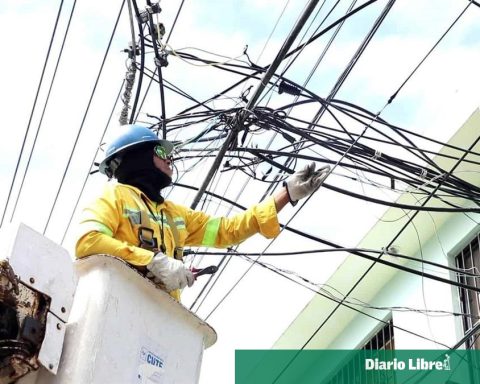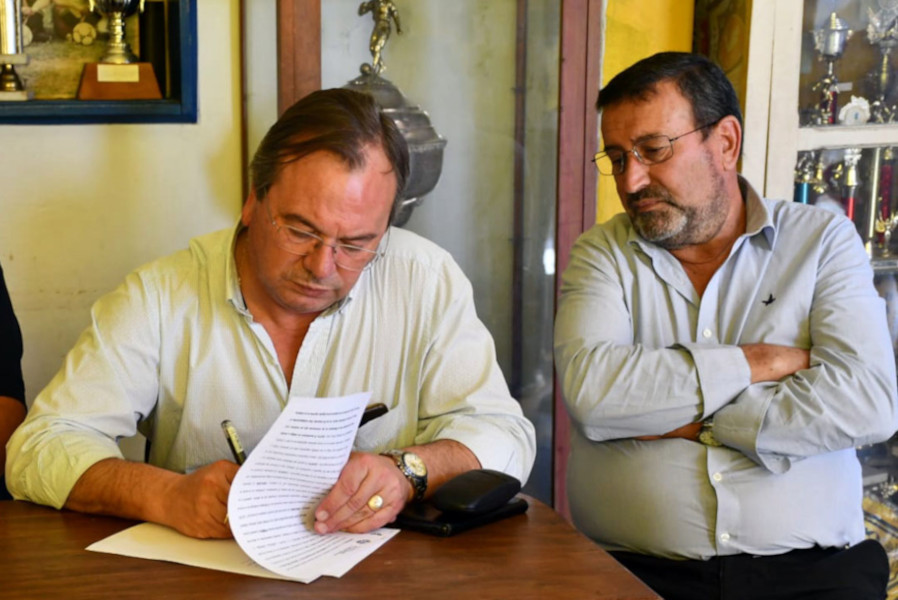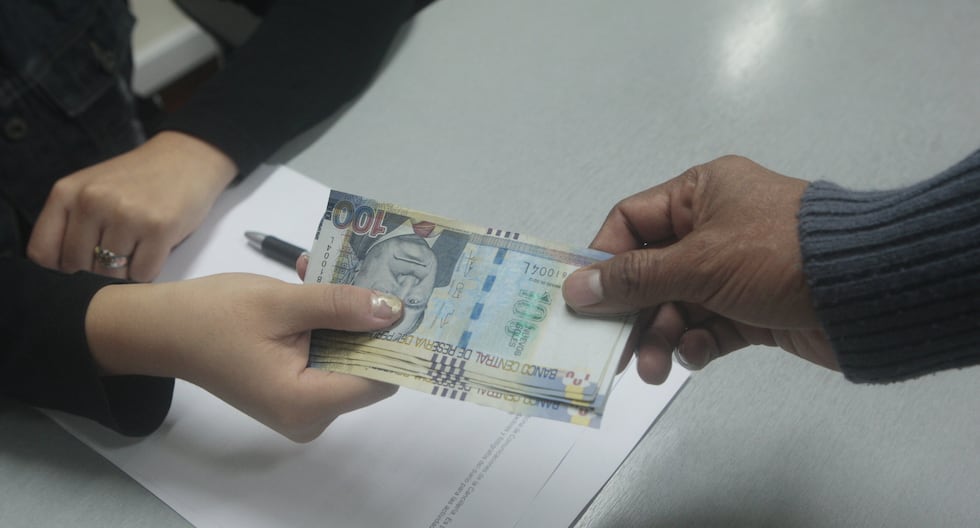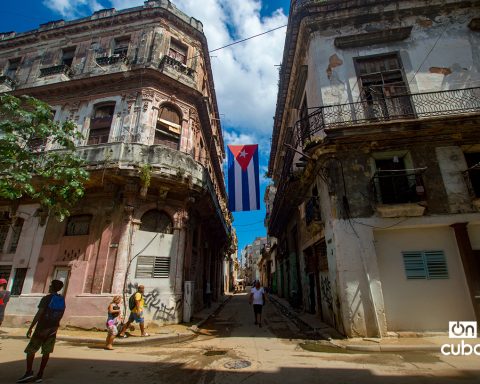Santo Domingo.- The recent designations of LUIS Miguel de Camps and Eduardo Estrella in the Ministries of Education and Public Works, respectively, they respond more to the political strategy of President Luis Abinader than to a party logic.
Neither comes from the structure of the Modern Revolutionary Party (PRM)but they are allied figures, indicating the president’s interest in maintaining control of public administration and state resources in a country with a highly clientelist system.
This was stated by political scientistOsario Espinal, who argued that Abinader’s decision He sends a clear message about his intention to directly manage key government sectors.

Control on strategic ministries
Espinal stressed that, although 2025 will not be an election year, in 2026 the political career will begin with a view to the elections.
In that context, Abinader seeks to have a cabinet composed of officials of its full confidence, especially in ministries that handle large budgets.
“For Abinader it is important to have a management team that he can control. If these ministries will remain in the hands of PRM figures With presidential aspirations, it could generate conflicts within the government, ”said Espinal.
While any appointment of people outside the party generates some resistance, in this case, both camps and star have maintained a closeness with the PRM since the beginning of the current administration, which attenuates tensions within the ruling party.
However, for the political scientist, it is significant that two ministries of great relevance are in the hands of allies instead of leaders of the ruling party.
Cabinet reconfiguration
Regarding the designation of other ministers and officials in various areas, Espinal recalled that these changes were expected since August 16, when Abinader assumed his second mandate.
However, the delay in appointments generated the impression that the president would almost keep his government team.
“It seems that Abinader preferred to take his time and cause a loop, as has happened in other countries,” The analyst commented on the program El Día.
He added that the recent modifications in the cabinet seek to dissipate the perception of an absent or without control president.
“The president understood that he had to fill the political space and the changes of officials They are a usual strategy to demonstrate leadership, ”he said.
Challenges in Education and Public Works Espinal stressed that the Ministry of Education manages the largest state budget, while Public Works faces the challenge of executing projects with limited resources.
“The Ministry of Public Works needs to demonstrate management and action capacity despite the reduction of funds for investment. Therefore, the designation of Eduardo Estrella, who has a wide career in the public service and is a political ally, is strategic, ”he explained.
Regarding the designation of Roberto Ángel Salcedo at the Ministry of Culture, Espinal He considered that, due to the low budget of that portfolio, his management will focus mainly on cultural promotion.

Public opinion
Espinal also analyzed the filtration of information about the new designations, noting that, in the case of Salcedo, social networks had already been generated before the official announcement.
However, by including it within a broader appointment package, the Government managed to dilute the impact of criticism.
In his opinion, making multiple changes at the same time is a successful strategy, since it generates a greater media effect and gives the impression of a coordinated movement within the government.
The slopes for abinader
With more than three and a half years of management ahead, Espinal warned that the president still faces great challenges in sectors such as health, transport and education.
“In the remainder of his mandate, Abinader must demonstrate the executive capacity of his government, and that is where difficulties could arise,” he said.
He also highlighted the importance of the administration to show concrete advances in key areas of the economy to strengthen its political position in the coming years.
More changes
Deligne Ascencion was appointed minister without portfolio.
Vice ministers
In the Ministry of Culture, several vice ministers are incorporated: Carmen Rossina Guerrero Heredia, Vice Minister for Decentralization and Territorial Coordination; Alice Baroni Bethancourt, Vice Minister of Cultural Industries; Luis Amaury Sánchez Lembert, Deputy Minister of Creativity and Popular Participation; Luis Rhadamés Santos Lora, Deputy Minister of Development, Innovation and Cultural Research.
In the Ministry of Foreign Affairs, Celinés Josefina Toribio Almánzar was appointed Vice Minister for the Dominican communities abroad and will serve as executive director of the Institute of Dominicans and Dominicans abroad (Index).
In the administrative ministry of the Presidency, Santiago Vilorio Lizardo assumes as vice minister in inter -institutional matters and relations with the powers of the State.
Other changes made are Edgar de Jesús Batista Carrasco, general director of the Government Office of Information and Communication Technology (OGTIC); Bartolomé Yaque Pujals Suárez, permanent representative ambassador to the International Civil Aviation Organization (ICAO); Andrés Alberto Lugo Risk, General Director of Public-Private Alliances (DGAPP); Hostos José Rizik Lugo, Director of the General Coordinating Office of the RD-Vial Trust; Roberto Herrera Polanco, Director of School Infrastructure of the Ministry of Education; Siullin Joa León, Executive Director of the National Institute for Training and Training of Magisterium (INAFOCAM).
The president David Herrera Díaz, Executive Director of the Price Stabilization Institute (INESPRE); Robert Polanco Tejada, general director of the General Directorate of Strategic and Special Projects of the Presidency of the Republic; ElSido Antonio Díaz Bueno, General Administrator of the Institute of Aid and Housing (INAVI); Yunior Esteban Torres Ayala, President of the Council of Directors of the Aqueduct and Sewerage Corporation of La Vega (Coravega); Andrés Cueto Rosario, General Director of the Corporation of Aqueduct and Sewerage of Santiago; Tomás Emilio Durán Garden, general director of the Corporation of Aqueduct and Sewerage of Puerto Plata (CORAPP); Alejandro de Jesús Abreu, president of the National Drug Council; José Antolín Polanco Rosa, director of the National Border Council; Oneida Catalina Félix Medina, civil governor of the province of Barahona.
The changes are in Decree 48-25.
